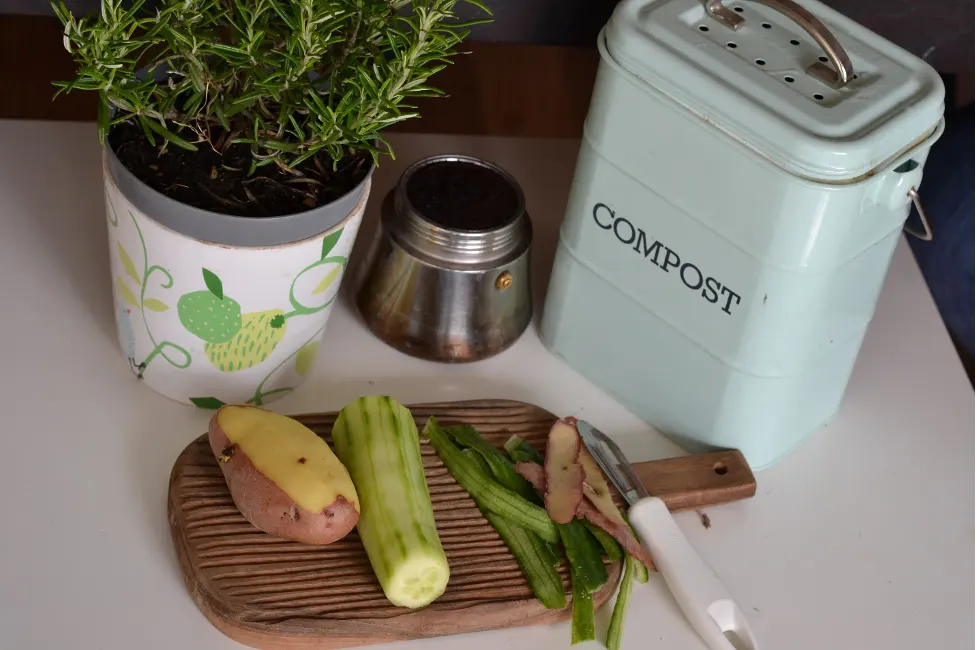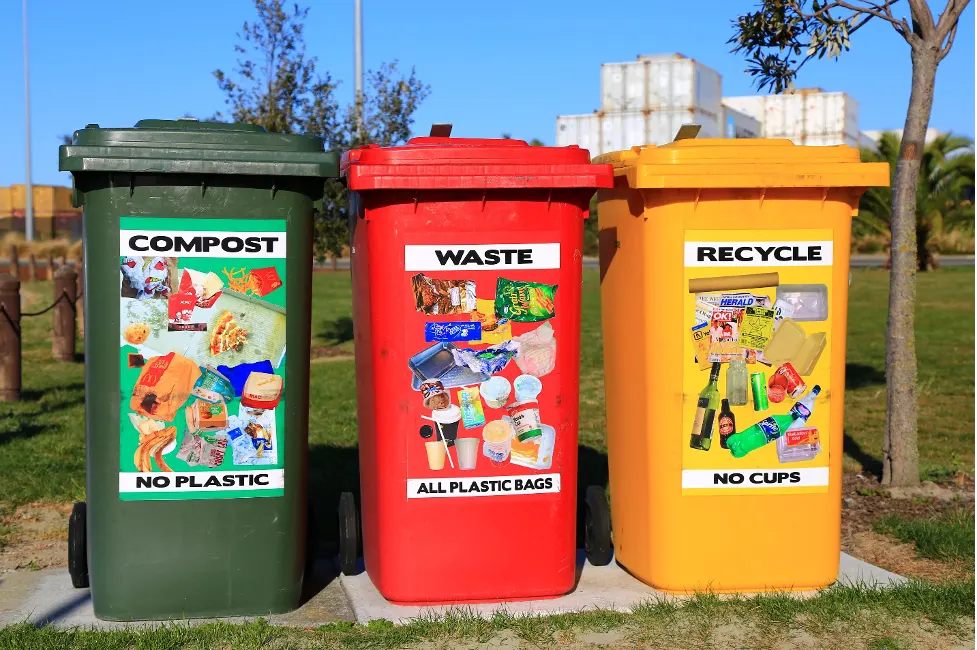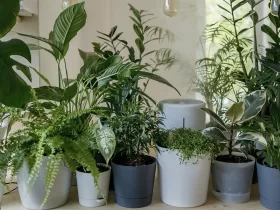unsplash.com @splashabout
Our society is getting the hang of recycling paper, aluminum, containers, etc. It is part of the weekly (or daily) chores in households. Everyone pitches in to help clean up our environment.
As of this past July 1st, households (single family homes) are bound by new laws to dispose of food in a different collection bin for proper disposal by waste management companies.
As the year ends, commercial and multiple family households will also be part of this new law.
Recycling organic can be a tricky task. From eggshells to chicken giblets and coffee grounds to stale bread are being deposited in the green bins (yes, same bins you use for the yard trash).
There are specific rules on how to do that, but one that is causing some stir: No plastic bags are to be used for organic garbage.
Doing some research, residents in the Chula Vista area are confirming that using paper bags to store waste is a tremendous help. (Nobody wants to throw food waste directly into the green bin, so having it in paper bags helps with the mess and smell).
The Chula Vista community is now aware of how much waste is generated when cooking a simple dinner for four. Onion peels, fruit scraps, beef fat that has been trimmed from steaks, potato skins, etc. really adds up.
“I am going outside three times a day with food waste. It is quite a workout, but I guess it is worth it, if it will help the environment”. (Vanessa, a Chula Vista resident).
One of the main concerns of single-family home residents is that one green bin will not be enough for yard waste and now food waste. Recycling companies are willing to give an extra bin to whomever asks for one.
With all this, families are now learning about making their own compost for gardening. Getting young ones involved in this can be a learning experience, using science, foods they are familiar with and creating something else that will help their garden.
For more information, checkout these official websites:
https://www.chulavistaca.gov/departments/clean/environmental-services/food-waste
https://www.chulavistaca.gov/departments/clean/environmental-services/composting









































Leave a Reply